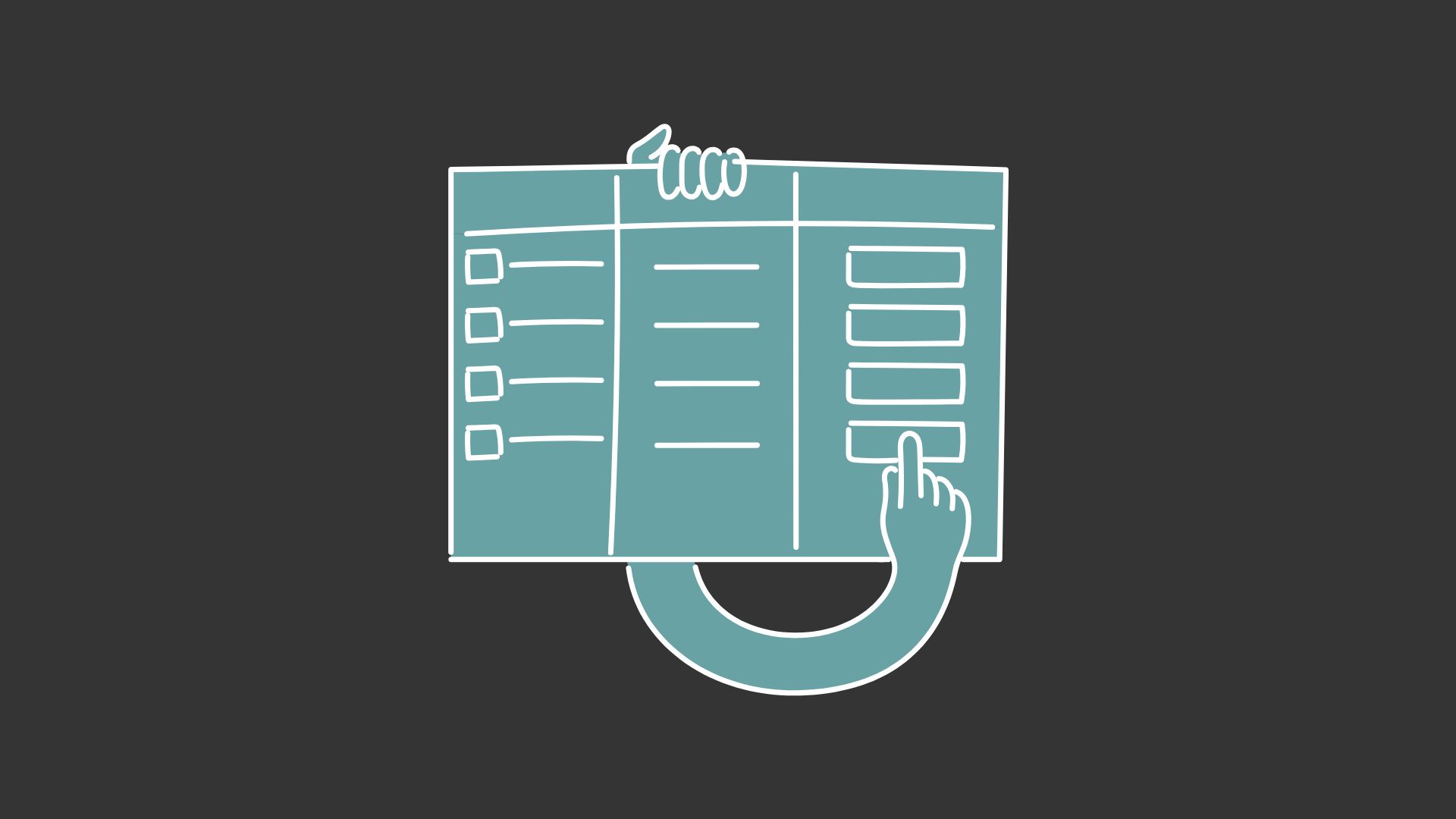When we talk or write, we often use common names to refer to people, places, and things.
These are called generic nouns.
They’re the everyday words that help us communicate ideas and thoughts without getting too specific.
In this article, we’ll explore the world of generic nouns, their importance in English grammar, and how they differ from other types of nouns.
By understanding generic nouns, you’ll become a more effective communicator and improve your overall grasp of grammar rules.
Table of Contents
Definition of a Generic Noun
So, what exactly is a generic noun?
Simply put, a generic noun is a common name for a person, place, thing, or idea.
It’s a general term that doesn’t refer to a specific individual or unique entity. Generic nouns are often contrasted with proper nouns, which are names of specific people, places, or organizations.
For example:
- “city” is a generic noun, while “New York City” is a proper noun.
- “dog” is a generic noun, while “Rex” is a proper noun (the name of a specific dog).
Generic nouns can be concrete, like “book” or “chair,” or abstract, like “happiness” or “freedom.” They can also be collective, like “family” or “team,” or refer to a mass or quantity, like “water” or “air.”
In English grammar, generic nouns play a vital role in forming sentences and conveying meaning. They can function as subjects, direct objects, indirect objects, or modifiers, and are often used in combination with other parts of speech, like verbs and adjectives.
Characteristics of Generic Nouns
Generic nouns have several key characteristics that set them apart from other types of nouns.
Here are some of the main features:
- Common, not unique: Generic nouns refer to general categories or concepts, rather than specific individuals or unique entities.
- Not capitalized: Unlike proper nouns, generic nouns are not capitalized unless they appear at the beginning of a sentence.
- Can be plural or singular: Generic nouns can be either plural (e.g., “dogs”) or singular (e.g., “dog”), depending on the context.
- Can be concrete or abstract: Generic nouns can refer to tangible objects (e.g., “book”) or intangible concepts (e.g., “happiness”).
- Can be collective: Generic nouns can refer to groups of people, animals, or things (e.g., “family,” “herd,” or “team”).
- Can be mass nouns: Generic nouns can refer to quantities or substances (e.g., “water,” “air,” or “rice”).
Understanding these characteristics can help you use generic nouns effectively in your writing and communication.
For example:
- “The dog is a popular pet.” (Here, “dog” is a generic noun, referring to a general category of animals.)
- “The city is crowded.” (Here, “city” is a generic noun, referring to a general type of urban area.)
Types of Generic Nouns
Generic nouns can be broadly classified into several categories based on their characteristics and the concepts they represent.
Here are three main types of generic nouns:
Concrete Objects
Concrete objects are generic nouns that refer to tangible, physical things that we can see, touch, or perceive through our senses. Examples include:
- Animals: dog, cat, elephant
- Food: apple, bread, rice
- Objects: book, chair, car
- Places: city, park, beach
These nouns are often used as subjects, direct objects, or indirect objects in sentences.
For example:
- “The dog is barking.” (Here, “dog” is a concrete object and the subject of the sentence.)
- “She ate an apple.” (Here, “apple” is a concrete object and the direct object of the sentence.)
Abstract Concepts
Abstract concepts are generic nouns that refer to intangible ideas, emotions, or concepts that we can’t see or touch. Examples include:
- Emotions: happiness, sadness, fear
- Ideas: freedom, justice, love
- Concepts: time, space, gravity
These nouns are often used as subjects or modifiers in sentences.
For example:
- “Happiness is a state of mind.” (Here, “happiness” is an abstract concept and the subject of the sentence.)
- “She felt a sense of freedom.” (Here, “freedom” is an abstract concept and a modifier in the sentence.)
Collective Nouns
Collective nouns are generic nouns that refer to groups of people, animals, or things. Examples include:
- People: family, team, crowd
- Animals: herd, flock, school
- Things: collection, series, set
These nouns are often used as subjects or modifiers in sentences.
For example:
- “The family is going on vacation.” (Here, “family” is a collective noun and the subject of the sentence.)
- “The herd of elephants roamed the savannah.” (Here, “herd” is a collective noun and a modifier in the sentence.)
Uses of Generic Nouns in Language
Generic nouns play a vital role in language, serving several purposes in communication. Here are some of the main uses of generic nouns:
Simplifying Communication
Generic nouns help simplify communication by providing a common vocabulary that everyone can understand. They allow us to refer to general categories or concepts without having to specify particular details.
For example:
- “I’m going to the store.” (Here, “store” is a generic noun that refers to a general type of retail establishment.)
- “I love reading books.” (Here, “books” is a generic noun that refers to a general category of written works.)
Creating Vivid Imagery
Generic nouns can be used to create vivid imagery in writing and storytelling. By using generic nouns, authors can paint a picture in the reader’s mind without getting bogged down in specific details.
For example:
- “The city was bustling with activity.” (Here, “city” is a generic noun that evokes a sense of urban energy and excitement.)
- “The forest was dark and mysterious.” (Here, “forest” is a generic noun that conjures up images of a dense, eerie landscape.)
Expressing Abstract Ideas
Generic nouns are useful for expressing abstract ideas and concepts. They provide a way to talk about intangible things that don’t have a specific name or identity.
For example:
- “Freedom is a fundamental human right.” (Here, “freedom” is a generic noun that refers to a general concept of liberty.)
- “Happiness is a state of mind.” (Here, “happiness” is a generic noun that refers to a general feeling of well-being.)
Forming Idioms and Expressions
Generic nouns are often used in idioms and expressions, which are fixed phrases that have a non-literal meaning.
For example:
- “It’s raining cats and dogs.” (Here, “cats and dogs” is a generic noun phrase that means “raining heavily.”)
- “Bite off more than you can chew.” (Here, “chew” is a generic noun that means “to take on more responsibility than you can handle.”)
Enhancing Clarity and Precision
Generic nouns can help enhance clarity and precision in language by providing a clear and concise way to refer to general concepts or categories.
For example:
- “The company is hiring a new employee.” (Here, “company” is a generic noun that refers to a general type of business organization.)
- “The doctor prescribed medication for the patient.” (Here, “doctor” and “patient” are generic nouns that refer to general roles or categories.)
Generic Nouns in Different Contexts
Generic nouns are versatile and can be used in various contexts to convey meaning and achieve specific goals. Here are three different contexts where generic nouns play a significant role:
Literary Devices
In literature, generic nouns are often used as literary devices to create vivid imagery, convey themes, and evoke emotions.
Authors use generic nouns to:
- Create symbolism: Generic nouns can be used to represent abstract ideas or concepts, such as freedom, love, or justice.
- Establish tone: Generic nouns can help set the tone of a story, such as using words like “city” or “forest” to create a sense of atmosphere.
- Develop character: Generic nouns can be used to describe a character’s personality, background, or motivations, such as “the stranger” or “the outcast”.
For example:
- In William Golding’s “Lord of the Flies”, the generic noun “island” represents a symbol of isolation and savagery.
- In J.R.R. Tolkien’s “The Lord of the Rings”, the generic noun “mountain” represents a symbol of challenge and perseverance.
Technical Writing
In technical writing, generic nouns are used to convey complex information in a clear and concise manner. Technical writers use generic nouns to:
- Define terms: Generic nouns can be used to define technical terms or concepts, such as “software” or “hardware”.
- Explain processes: Generic nouns can be used to describe complex processes or procedures, such as “installation” or “troubleshooting”.
- Provide instructions: Generic nouns can be used to provide step-by-step instructions, such as “open the file” or “click the button”.
For example:
- In a technical manual, the generic noun “system” might be used to refer to a complex network of hardware and software components.
- In an instructional guide, the generic noun “tool” might be used to refer to a specific software application or device.
Everyday Conversation
In everyday conversation, generic nouns are used to communicate quickly and efficiently.
We use generic nouns to:
- Make general statements: Generic nouns can be used to make general statements or observations, such as “I love reading books” or “I hate going to the dentist”.
- Ask questions: Generic nouns can be used to ask questions, such as “What’s the weather like?” or “Where’s the nearest store?”.
- Provide directions: Generic nouns can be used to provide directions, such as “Turn left at the corner” or “Take the bus to the city”.
For example:
- In a conversation with a friend, you might use the generic noun “movie” to refer to a specific film or the act of watching a film.
- In a conversation with a stranger, you might use the generic noun “restaurant” to ask for directions or recommendations.
Wrapping it up
Generic nouns may seem like a simple concept, but they play a vital role in language and communication.
By mastering the use of generic nouns, you can become a more effective communicator and express yourself with clarity and precision.
Whether you’re writing a novel, creating technical documentation, or simply chatting with friends, generic nouns are an essential tool to have in your linguistic toolkit.







